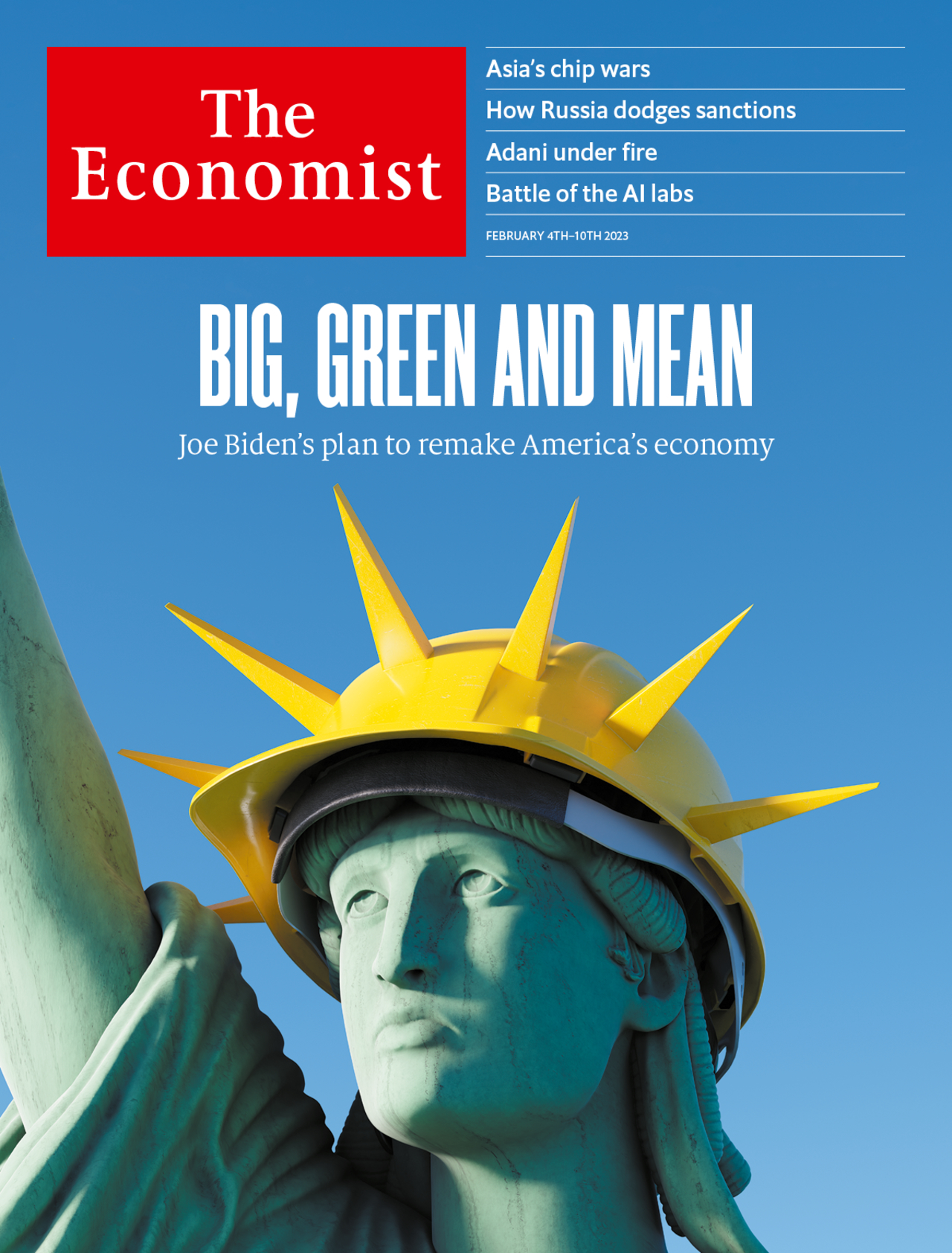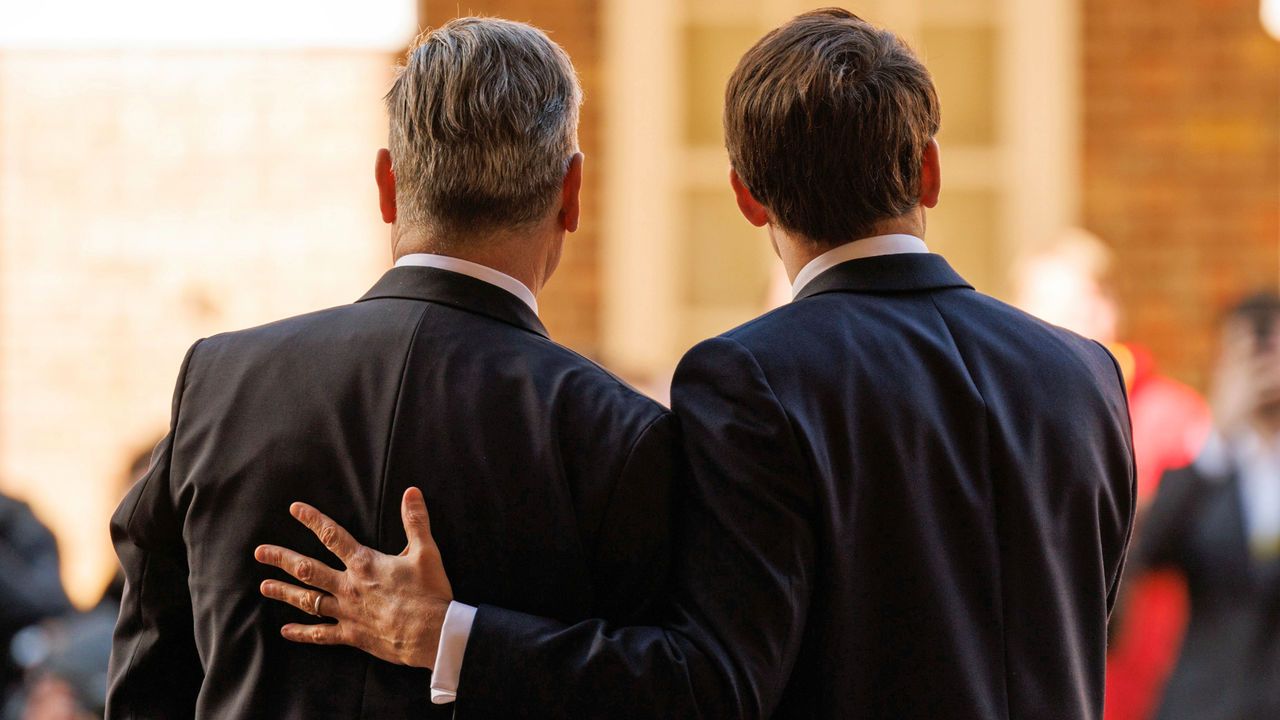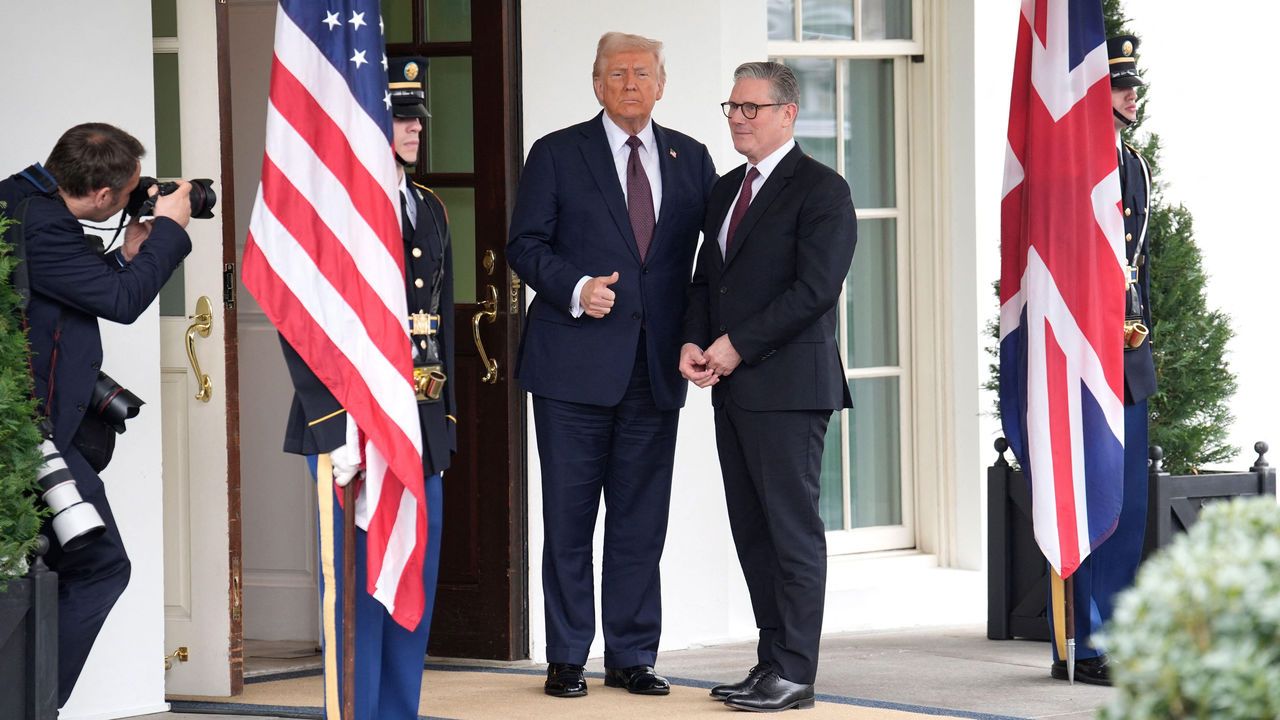The BBC assesses its coverage of the dismal science
It is not biased, but it is not impartial

“Debt costs help push government borrowing to 30-year high,” the website of the British Broadcasting Corporation (bbc) told users on January 24th. That headline exemplifies what an independent report by Michael Blastland, a former BBC radio producer, and Sir Andrew Dilnot, an economist, labels a breach of the Beeb’s commitment to impartiality, not through deliberate bias but “uninformed groupthink and lack of confidence to challenge arguments”.
This article appeared in the Britain section of the print edition under the headline “Boxed in”
Britain
February 4th 2023- For Britain to grow faster it needs better managers
- The BBC World Service shuts several foreign-language radio services
- The BBC assesses its coverage of the dismal science
- The murder of a king makes for a most jolly day out
- Where should trans prisoners serve their sentences?
- Britain’s newest islets are made of wet wipes
- Meet Ms Heeves, the face of Britain’s new political consensus

From the February 4th 2023 edition
Discover stories from this section and more in the list of contents
Explore the edition
Keir Starmer and Emmanuel Macron are forging a tight link
As Donald Trump threatens to leave Europe on its own

Britain’s government may be about to waste its best chance of success
A bill to unblock house building and boost growth looks far too timid
Paying teenagers to go to school was a bad idea
At least in Britain
Anybody in Britain can call themselves a therapist
That opens the door to abuse
Britain’s capital markets are waging a war on paper
Calls are growing to modernise the country’s shareholding system









